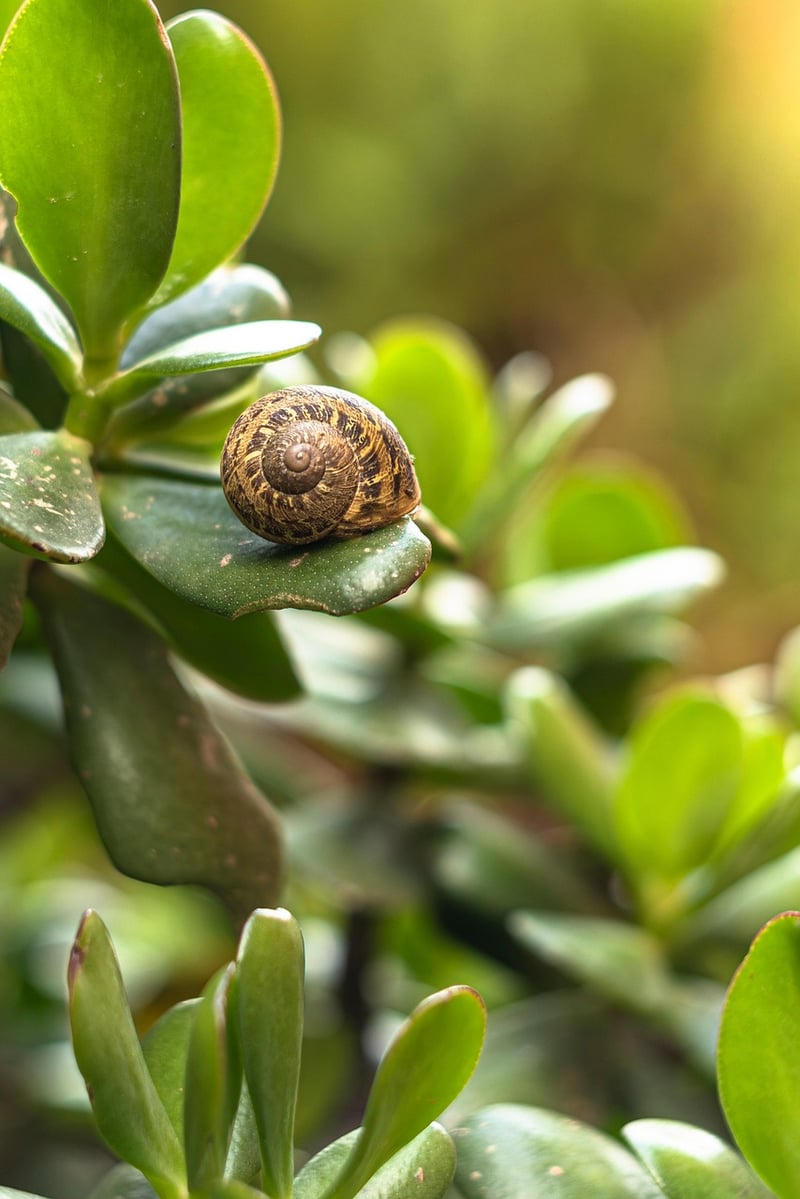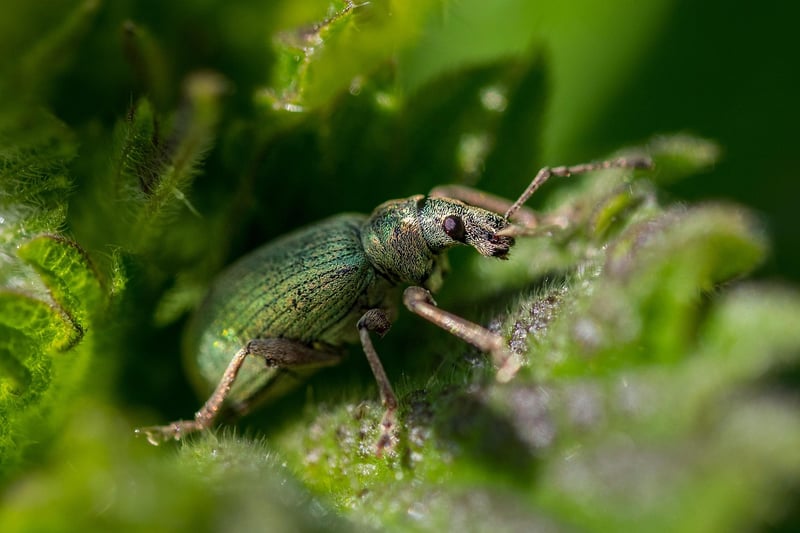Troubleshooting Pests
Caring for Your Plants: Tips and Tricks
Plants are a wonderful addition to any home, bringing life, color, and a sense of calm to your surroundings. Whether you're a seasoned plant parent or just starting your green journey, it's essential to understand how to care for your plants properly to help them thrive. Here are some tips and tricks to keep your leafy friends happy and healthy:
1. Light and Water
Plants need the right balance of light and water to grow. Make sure to place your plants in an area that receives adequate sunlight based on their specific needs. Overwatering or underwatering can both be harmful, so pay attention to your plant's watering requirements.
2. Soil and Fertilizer
Use high-quality soil that drains well to prevent waterlogging. Fertilize your plants regularly during the growing season to provide them with essential nutrients. Different plants may have varied fertilizer needs, so be sure to research what works best for your specific plant species.
3. Pruning and Grooming
Regular pruning can help your plants maintain their shape and promote new growth. Remove dead leaves and flowers to encourage healthy development. Grooming your plants also helps prevent pest infestations and diseases.
4. Troubleshooting Pests
Despite your best efforts, plants can sometimes fall victim to pests. Common plant pests include aphids, spider mites, and mealybugs. Here are some natural remedies to help you tackle pesky invaders:
- Neem Oil: Effective against a variety of pests, neem oil is a natural insecticide that can help control infestations.
- Diatomaceous Earth: This powdery substance is excellent for combating crawling insects like ants and cockroaches.
- Homemade Insecticidal Soap: A mixture of water, dish soap, and oil can be sprayed on plants to deter and kill soft-bodied pests.
By incorporating these tips into your plant care routine, you can create a healthy and thriving indoor garden. Remember that each plant is unique, so observe and adjust your care practices based on their individual needs. Happy gardening!
 Image Source
Image Source
